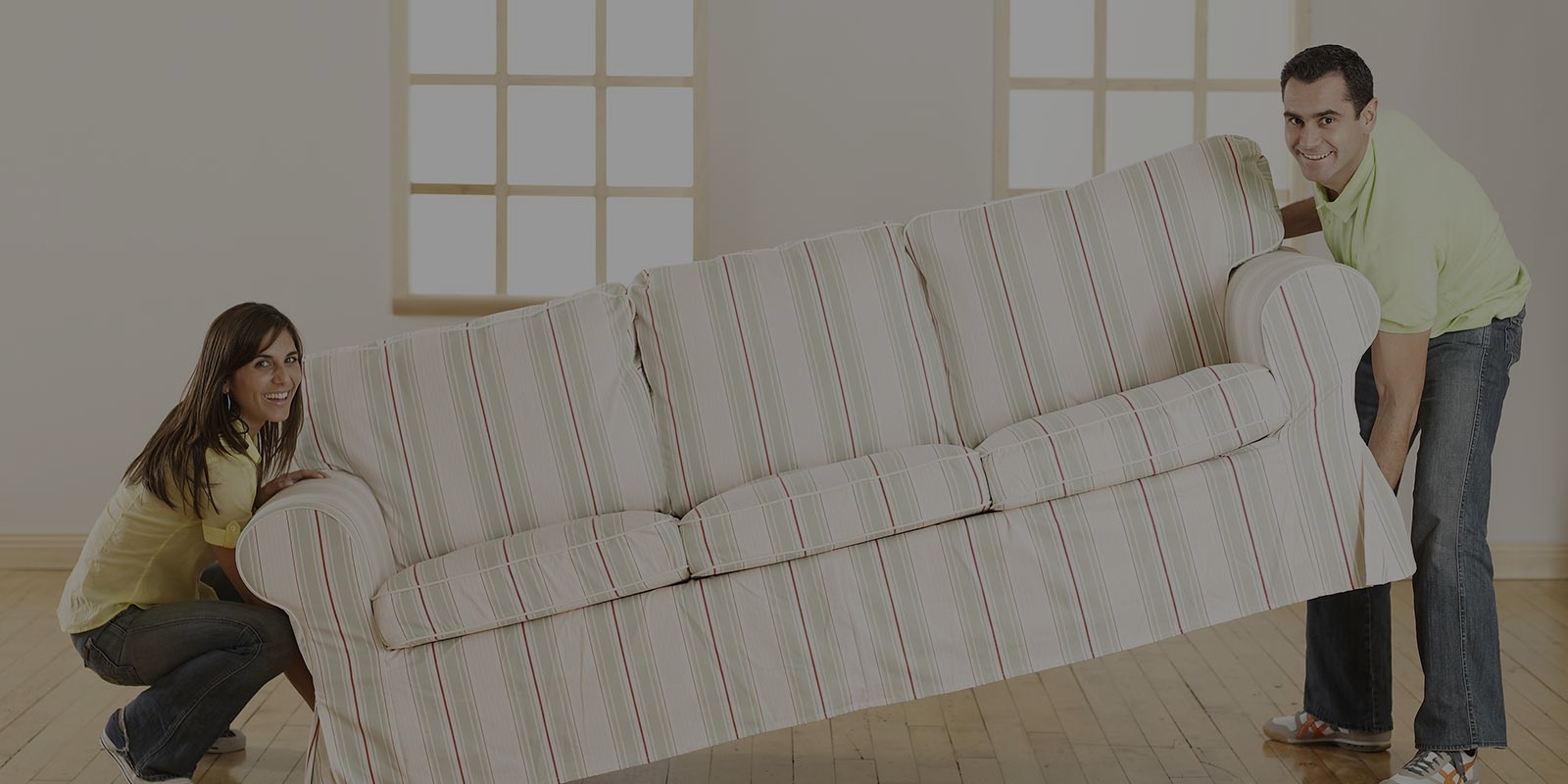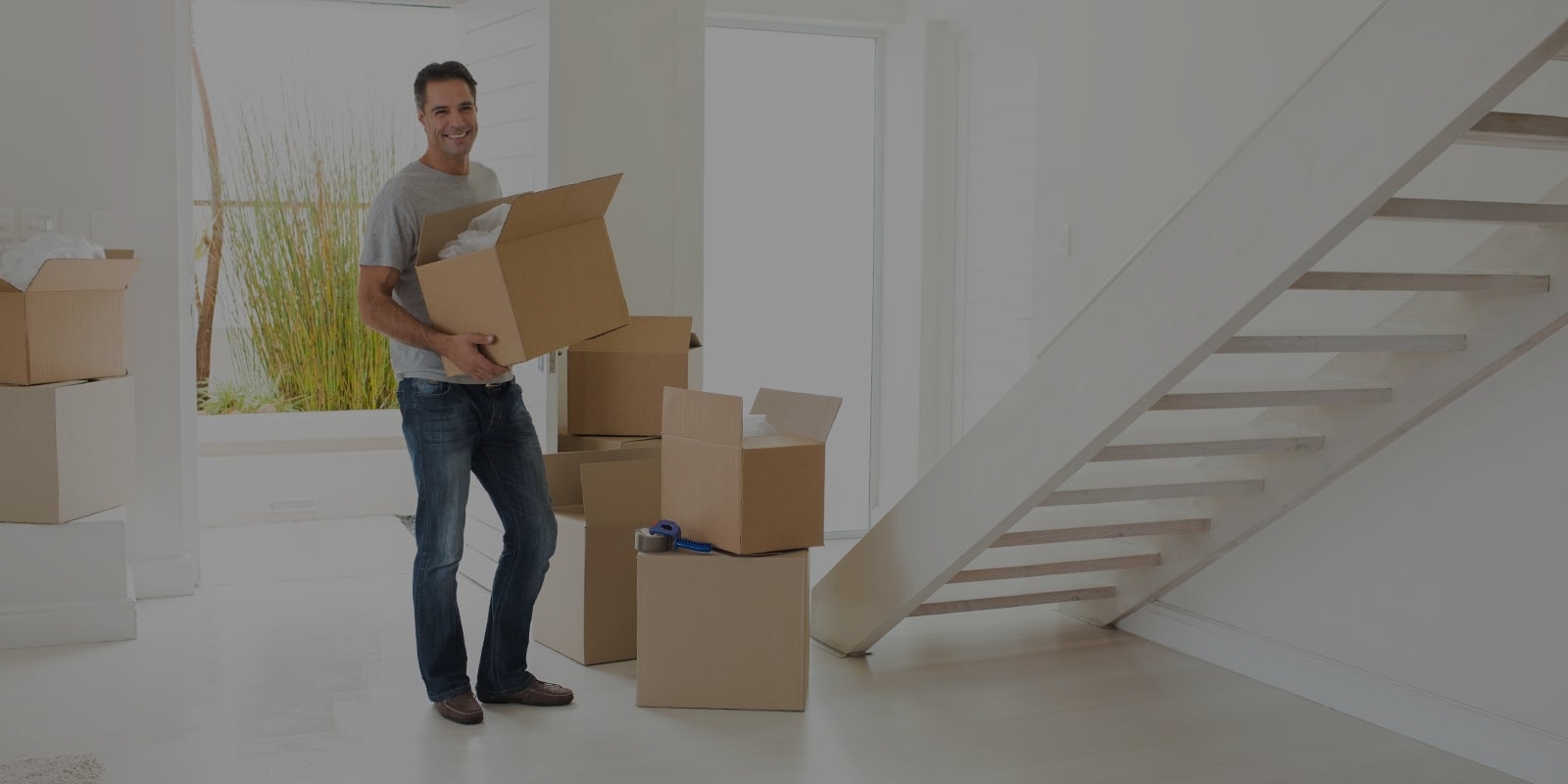Make your move seamless with expert decluttering advice
Posted on 25/05/2025
Make Your Move Seamless with Expert Decluttering Advice
Moving to a new home signifies an exciting new chapter. However, the process can also feel daunting with all the packing, organizing, and transporting involved. One proven way to achieve a smooth relocation experience is to declutter before moving. If you are planning your next move, this comprehensive guide will provide you with expert decluttering advice so you can enjoy a seamless transition.

Why Decluttering is Essential for a Smooth Move
Many people underestimate just how much unused items accumulate over time. When it's time to move, attempting to pack everything creates extra work, unnecessary stress, and increased moving costs. Decluttering your home prior to packing ensures you only bring what you love and need to your new space. Here are some key benefits of decluttering before moving:
- Reduce Moving Costs: Fewer belongings mean reduced packing materials and lower moving expenses.
- Simplify Packing and Unpacking: Only essential items are packed, leading to less time spent packing and unpacking.
- Enjoy a Fresh Start: Arrive at your new home free from clutter and unnecessary possessions.
- Maximize Space: Make the most out of your new living environment by keeping it organized from the start.
- Lower Stress: Decluttering helps you feel more in control and calm during the chaotic moving process.
Expert Decluttering Strategies for a Hassle-Free Move
1. Start Early and Set a Realistic Timeline
Begin decluttering at least a month before your moving day. Breakdown the process room by room or category by category. Setting manageable daily or weekly goals (e.g., declutter the kitchen pantry Monday, tackle the wardrobe on Tuesday) prevents overwhelm and ensures decluttering fits with your daily routine.
2. Use a Systematic Approach: The Four-Box Method
The Four-Box Method involves labeling boxes or bins as:
- Keep: Items you use regularly and want in your new home.
- Donate/Sell: Items in good condition but no longer needed.
- Recycle: Broken or worn-out items suitable for recycling.
- Trash: Everything that cannot be donated, sold, or recycled.
This structured approach avoids indecision and keeps decluttering efficient and purposeful.
3. Tackle Rooms in Order of Use
Begin with rooms or spaces that are used the least--often, these contain items you won't need in the days leading up to your move. Examples include garages, basements, attics, or guest rooms. This allows you to build momentum and save the most essential spaces like bedrooms and the kitchen for last.
4. Ask the Tough Questions
For each item, ask yourself:
- Have I used this in the past year?
- Does this item have sentimental value or a clear purpose?
- Is it worth the cost and effort to move it?
- Would I buy this again?
Being honest and discerning will help you part with items holding you back from your ideal space.
5. Declutter Sentimental Items Carefully
Memorabilia and sentimental belongings can be the hardest to let go of. Expert decluttering advice suggests:
- Select a specific container or box for sentimental items--once it's full, resist adding more.
- Photograph keepsakes rather than keeping them all physical.
- Share sentimental items with family and friends who may want them more.
This ensures you cherish memories without overwhelming your new home with unnecessary clutter.
6. Sell, Donate, and Recycle Responsibly
Make your move eco-friendly and generous by giving items a second life. Options include:
- Selling: Yard sales, online marketplaces (such as Facebook Marketplace, Craigslist, Poshmark).
- Donating: Local charities, shelters, schools, or thrift stores.
- Recycling: Electronics recycling, clothing donation programs, or general recycling centers.
Decluttering for a move is a great chance to serve your community and the environment while lightening your load.
Room-by-Room Decluttering Tips
Living Room
- Review books, DVDs, and electronics--keep only favorites or most-used.
- Donate or sell excess decor, unused furniture, or duplicate items.
- Sort through magazines, paperwork, and remote controls, discarding what's unnecessary.
Kitchen
- Discard expired foods, duplicate gadgets, and mismatched containers.
- Downsize cookware, utensils, and dishes to what you use weekly.
- Donate small appliances you rarely use.
Bedroom
- Sort clothing--use the one-year rule (have I worn it in the last year?).
- Donate or recycle shoes and accessories you no longer love.
- Pare down linens and bedding to a practical minimum.
Bathroom
- Safely dispose of expired medications and old cosmetics.
- Limit to 2-3 towels and keep only essential toiletries.
- Clear out under-sink and medicine cabinet clutter.
Office and Papers
- Shred or recycle unnecessary documents.
- Digitize important records.
- Repeat the "need or love" test for office supplies and tech gear.
Garage, Attic, and Storage
- Group by categories: tools, sports equipment, holiday decorations.
- Eliminate broken, rusted, or obsolete items.
- Recycle chemicals and paints properly, donate working tools.
Expert Decluttering Tips for Special Situations
Downsizing to a Smaller Space
When moving to a smaller home or apartment, space will be at a premium. Professional decluttering experts recommend:
- Measure your new rooms to determine which furniture pieces will fit.
- Prioritize multifunctional items, like storage ottomans or expandable tables.
- Let go of duplicates and large items that won't suit your new lifestyle.
Moving with Children or Pets
Decluttering can be a family affair. Make it fun by:
- Involving kids in sorting their belongings and letting them make decisions.
- Donating old toys and clothes together to teach generosity.
- Reducing pet items to essentials for a smoother transition.
Short Timeline or Last-Minute Moves
For urgent moves, focus on the biggest impact:
- Identify and pack essentials first.
- Quickly separate non-essentials into donate, sell, and trash piles.
- Seek help from friends, family, or professional declutterers to speed up the process.
How to Maintain a Clutter-Free New Home After Your Move
Once your decluttered belongings are settled in your new space, set yourself up for continued success. Here's how:
Unpack with Intention
Unpack one room at a time, thoughtfully finding designated places for each item. Avoid filling new closets or cabinets with miscellaneous stuff--everything should have a purpose.
Create Storage Solutions
- Use clear bins, drawer dividers, and labeled boxes to keep everything visible and easy to access.
- Incorporate furniture that doubles as storage to maximize limited space.
Establish Decluttering Routines
- Do quick monthly tidy-ups to keep clutter at bay.
- Follow the "one-in, one-out" rule: For every new item, consider letting something go.
- Schedule seasonal deep declutters to adapt to changing needs or lifestyles.
Benefits of Hiring Professional Decluttering Services
If the thought of decluttering an entire home is overwhelming, consider seeking assistance from professional organizers or decluttering experts. Their services include:
- Personalized Plans: Tailored strategies based on your goals, home size, and timeline.
- Emotional Support: Experts offer guidance and objectivity when parting with sentimental items.
- Efficiency: Professionals know proven systems to tackle clutter efficiently and reduce your workload.
- Resource Connections: Directing you to where to donate, recycle, or dispose of items responsibly.
Booking a professional decluttering session before your move could be the best investment for long-term organization and peace of mind.
Top Tools and Supplies for Decluttering Success
- Sturdy Boxes: Clearly mark each for donations, sales, recycling, and trash.
- Trash Bags: Keep them handy for immediate disposal.
- Labels and Markers: Essential for tracking items' destinations.
- Storage Bins: Ideal for organizing items you do keep.
- Paper Shredder: Safely dispose of sensitive documents.
- Digital Scanner: Digitize important papers and photos.

Frequently Asked Questions: Decluttering for Your Move
Q1: How far in advance should I start decluttering before a move?
A: Ideally, begin at least 4-6 weeks before your move. Larger homes or more cluttered spaces may require more time.
Q2: Is it better to declutter alone or with help?
A: If possible, enlist family, friends, or professional help. Others can offer fresh perspectives and reduce overwhelm.
Q3: What should I do with items I can't sell or donate before moving day?
A: Arrange donation pickups or recycling drop-offs in advance. For last-minute items, use your city's bulk trash service.
Q4: How do I stay motivated to keep decluttering?
A: Track your progress, celebrate small wins, and keep your end goal--an organized new home--in mind!
Conclusion: Make Moving Seamless with Decluttering Expertise
Embracing the process of decluttering for a move brings clarity, freedom, and a fresh start in your new home. Following expert decluttering advice not only reduces moving stress and cost, but also helps you transform your living space into one filled only with purposeful, cherished items. Whether you tackle it on your own or utilize professional help, the time you invest in decluttering will pay off as you settle into a clutter-free, organized environment. Say goodbye to chaos and hello to a seamless, stress-free move--start decluttering today!
Latest Posts
Piano Moving: The Seductive Appeal of Professional Help
The Art of a Detailed Clean-Up Before Leaving Your House
Beginner's Guide to Moving Your Bed and Mattress
Effective Ways to Store Your Freezer When Not Currently Using







